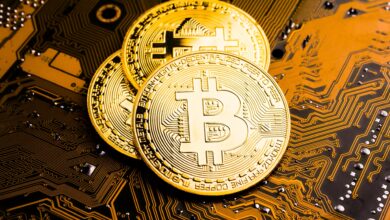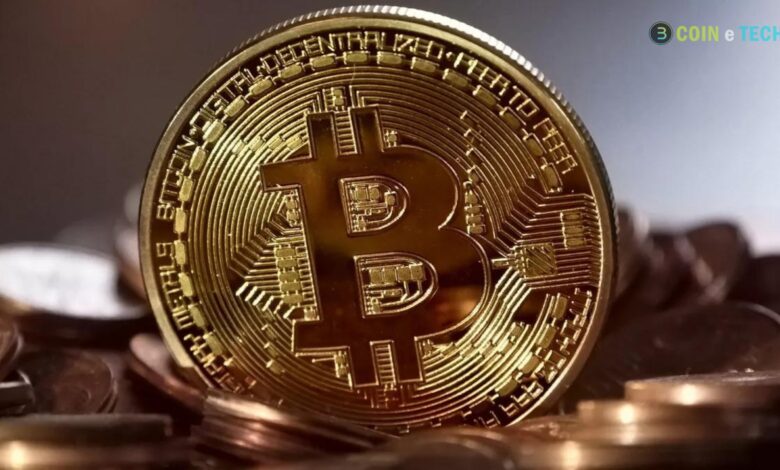
Bitcoin Beginner Guide: Everything You Need to Know
Bitcoin Beginner Guide: Bitcoin, often called BTC, is the world’s first and most popular cryptocurrency. It operates on a decentralized network, meaning any government or financial institution doesn’t control it. For many newcomers, Bitcoin seems complex and intimidating. However, once you understand the basics, it becomes easier to grasp. In this guide, we’ll cover the essentials of Bitcoin, how it works, how to buy and store it, and its potential risks and rewards.
What is Bitcoin?
Bitcoin is a digital currency that allows peer-to-peer transactions over the internet. It was invented in 2008 by an unknown individual or group using the pseudonym Satoshi Nakamoto. The primary goal of Bitcoin is to create a decentralized currency, meaning it operates without a central authority like a bank.
Bitcoin transactions are verified by network nodes through cryptography and recorded on a public ledger called a blockchain. This technology ensures transparency and prevents fraud by making all transactions publicly accessible while maintaining privacy by not linking transactions to individuals’ real-world identities.
Key Characteristics of Bitcoin
- Decentralized: No single institution controls Bitcoin.
- Limited Supply: There will only ever be 21 million bitcoins in circulation.
- Divisible: One bitcoin, satoshis, can be divided into 100 million smaller units.
- Global: Bitcoin can be sent and received anywhere in the world.
How Bitcoin Works?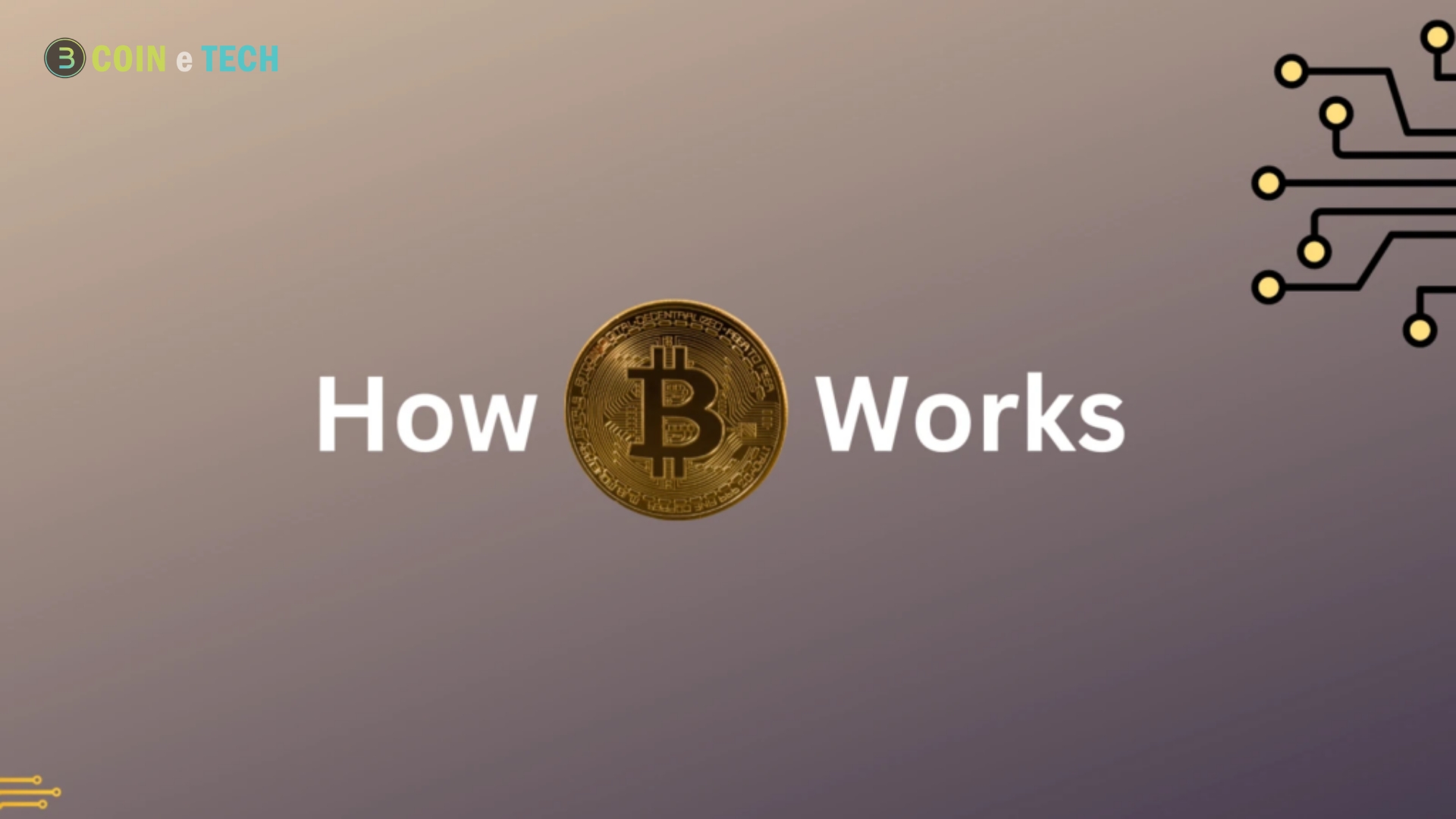
At the heart of Bitcoin’s operation is a revolutionary technology called blockchain. A blockchain is a decentralized ledger that records all Bitcoin transactions across a network of computers (also called nodes). Here’s a simplified breakdown of how it works:
- Blockchain: When a Bitcoin transaction is made, it is grouped with other transactions in a “block.” Once the network of computers verifies the block, it gets added to the blockchain, creating an irreversible and transparent record.
- Mining: Bitcoin miners use powerful computers to solve complex cryptographic puzzles. When they successfully solve one, they validate a block of transactions and are rewarded with new bitcoins. This process ensures the security of the network.
- Wallets: To send and receive Bitcoin, users need a digital wallet. A wallet stores private keys (secret codes) that allow you to access your Bitcoin. There are different types of wallets, such as hardware, software, and paper wallets.
Why Bitcoin Matters
Bitcoin is often compared to gold because it has the characteristics of a store of value. Over time, it has become popular as a hedge against inflation and currency devaluation. Its limited supply makes it immune to inflation, unlike traditional currencies governments can print more of.
Bitcoin also represents financial freedom. It allows individuals to transfer money across borders without restrictions, banks, or high fees. For people in countries with unstable currencies or authoritarian governments, Bitcoin can be a lifeline.
How to Buy Bitcoin
Buying Bitcoin today is more straightforward than ever, with several platforms available for beginners. Here’s a step-by-step guide: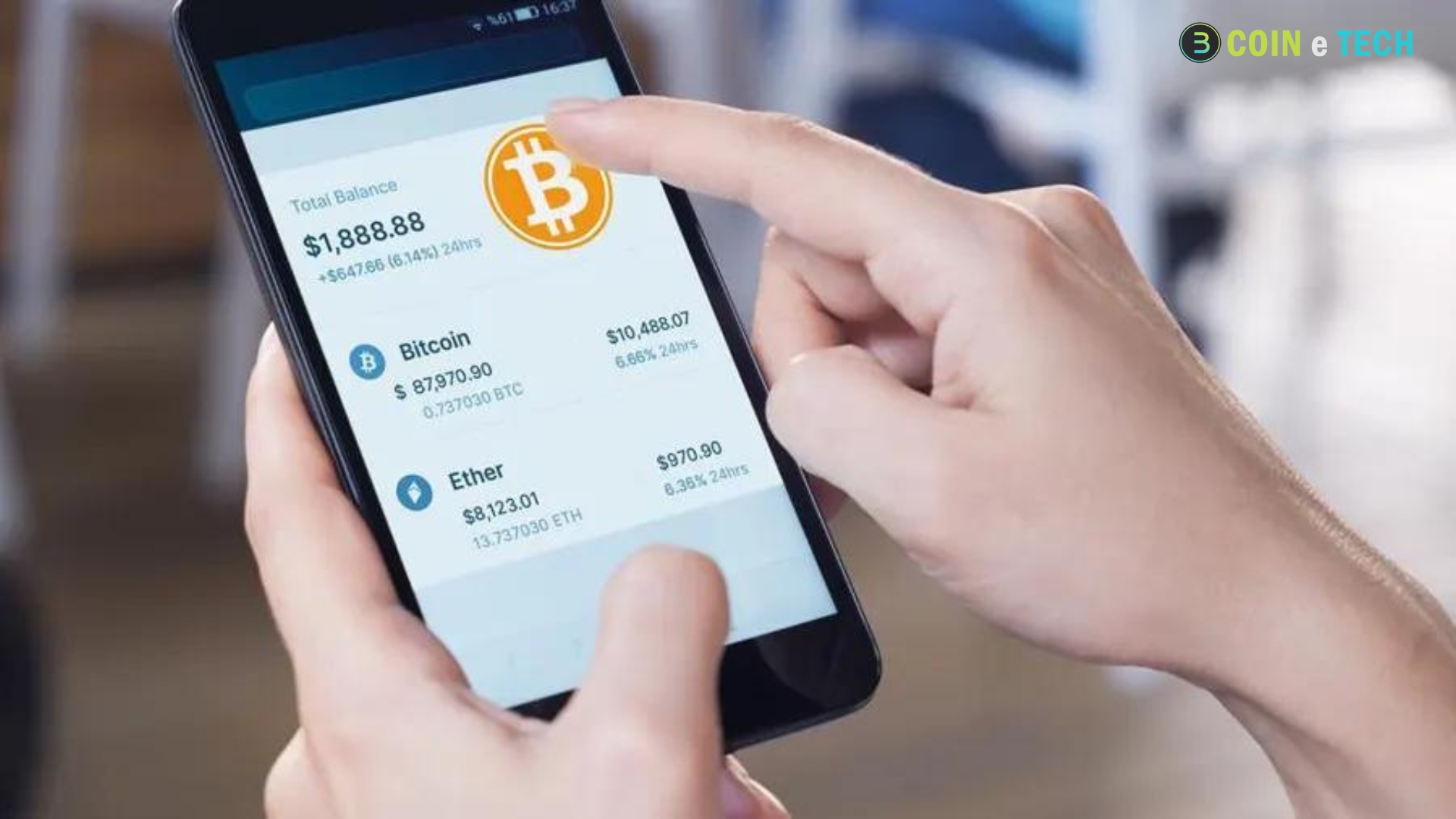
Choose a Platform
You can buy Bitcoin from a cryptocurrency exchange, broker, or peer-to-peer platform.
- Exchanges: Platforms like Coinbase, Binance, and Kraken allow users to buy Bitcoin using traditional currencies like USD, EUR, etc.
- Brokerages: Services like Robinhood or PayPal allow you to purchase Bitcoin, but you don’t own the Bitcoin itself (you can’t withdraw it to a private wallet).
- Peer-to-Peer Platforms: Websites like LocalBitcoins or Paxful allow you to buy Bitcoin directly from other people.
Create an Account
After choosing a platform, you’ll need to create an account. Most exchanges will ask for verification documents such as an ID for Know Your Customer (KYC) procedures to comply with regulations.
Deposit Funds
Once your account is set up, you can deposit money through a bank transfer, credit card, or other payment methods the platform accepts.
Buy Bitcoin
Once you’ve funded your account, search for Bitcoin and place an order. You can buy an entire Bitcoin or a fraction of it, as it is divisible down to 8 decimal places.
Withdraw to Your Wallet
If you’re planning on holding Bitcoin for the long term, it’s recommended that you transfer it to a private wallet (rather than keeping it on an exchange) for added security.
Storing Bitcoin: Wallets Explained
There are several ways to store Bitcoin, each with varying levels of security.
- Hot Wallets (Online): These are software wallets connected to the internet, such as mobile apps or web platforms. They are easy to use and convenient for everyday transactions but are more susceptible to hacking.
- Cold Wallets (Offline): Cold wallets are hardware wallets (such as Ledger or Trezor) or paper wallets, which are not connected to the internet, making them more secure. They are ideal for long-term storage.
- Custodial Wallets: If you use an exchange to store your Bitcoin, you use a custodial wallet, meaning the exchange controls your private keys. While this is convenient, it’s less secure than having full control over your Bitcoin.
Risks of Investing in Bitcoin
While Bitcoin has seen significant growth since its inception, it remains a highly volatile and speculative investment. Here are some of the risks involved:
- Price Volatility: Bitcoin’s price can swing dramatically in short periods. In 2017, Bitcoin’s price went from under $1,000 to almost $20,000, dropping significantly in 2018.
- Regulatory Risk: Governments worldwide are still figuring out how to regulate cryptocurrencies. Future regulations could impact Bitcoin’s value or restrict its use.
- Security: If you lose access to your private keys, you lose access to your Bitcoin. There is no customer service to recover lost or stolen Bitcoin.
- Scams and Fraud: Bitcoin’s popularity has attracted scams, from Ponzi schemes to phishing attacks. Always be cautious of where you buy, store, and invest your Bitcoin.
Is Bitcoin Legal?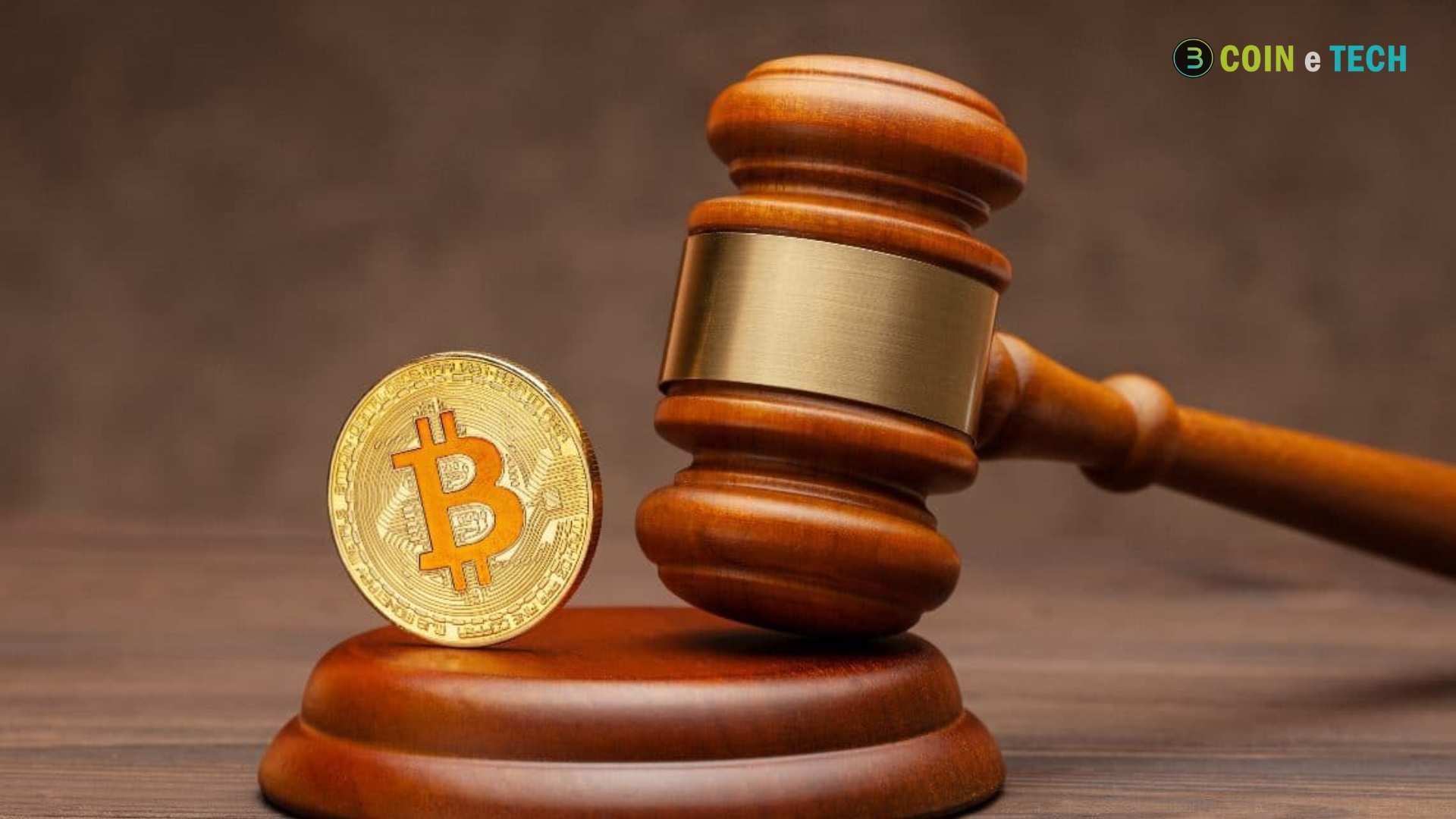
Bitcoin is legal in most countries, but some governments have banned or restricted its use. For example, China has heavily regulated Bitcoin mining and exchanges, while El Salvador has adopted Bitcoin as legal tender. Always check the legal status of Bitcoin in your country before purchasing it.
Bitcoin vs. Traditional Currencies
There are several fundamental differences between Bitcoin and traditional currencies (also known as fiat currencies):
- Supply Control: Bitcoin has a fixed supply, while governments can print fiat currencies. This makes Bitcoin immune to inflation, whereas fiat currencies can lose value over time due to inflation.
- Decentralization: Fiat currencies are controlled by central banks, which manage supply and monetary policy. Bitcoin is decentralized and governed by rules built into its software.
- Speed and Cost of Transfers: While international bank transfers can take days and incur high fees, Bitcoin transactions can be completed in minutes with relatively low fees, especially for large transfers.
Should You Invest in Bitcoin?
Bitcoin has been a profitable investment for many people, but it must be cautiously approached. Before investing in Bitcoin, consider your financial goals, risk tolerance, and how much you are willing to lose. Since Bitcoin is highly volatile, many financial advisors recommend investing only a small portion of your portfolio in cryptocurrency.
It’s also important to stay informed. The cryptocurrency space evolves rapidly, with new developments happening frequently. Knowing market trends and keeping up with Bitcoin news will help you make informed investment decisions.
The Future of Bitcoin
Bitcoin has come a long way since its creation. It has sparked the development of thousands of other cryptocurrencies and revolutionized how we think about money. Some believe Bitcoin will continue to grow and become a mainstream currency, while others see it as a speculative bubble. Regardless of what the future holds, Bitcoin has already made a significant impact on the world of finance and technology. Understanding Bitcoin is the first step for beginners to explore the broader world of cryptocurrencies and blockchain technology.



